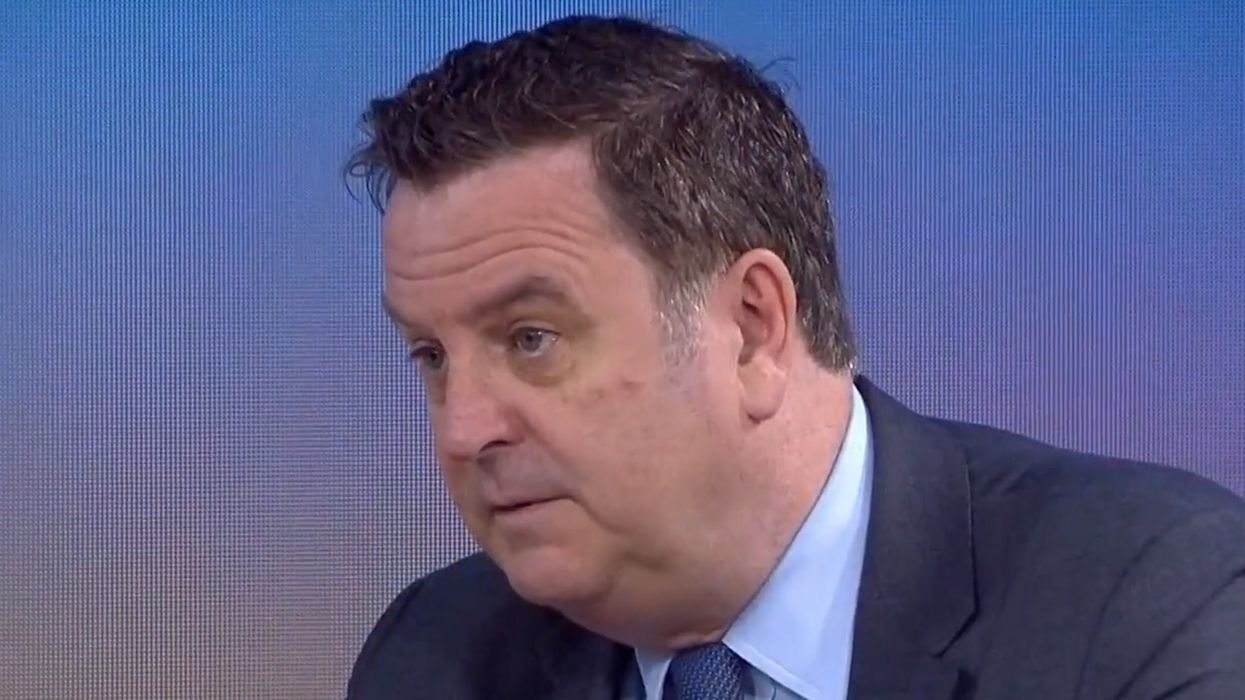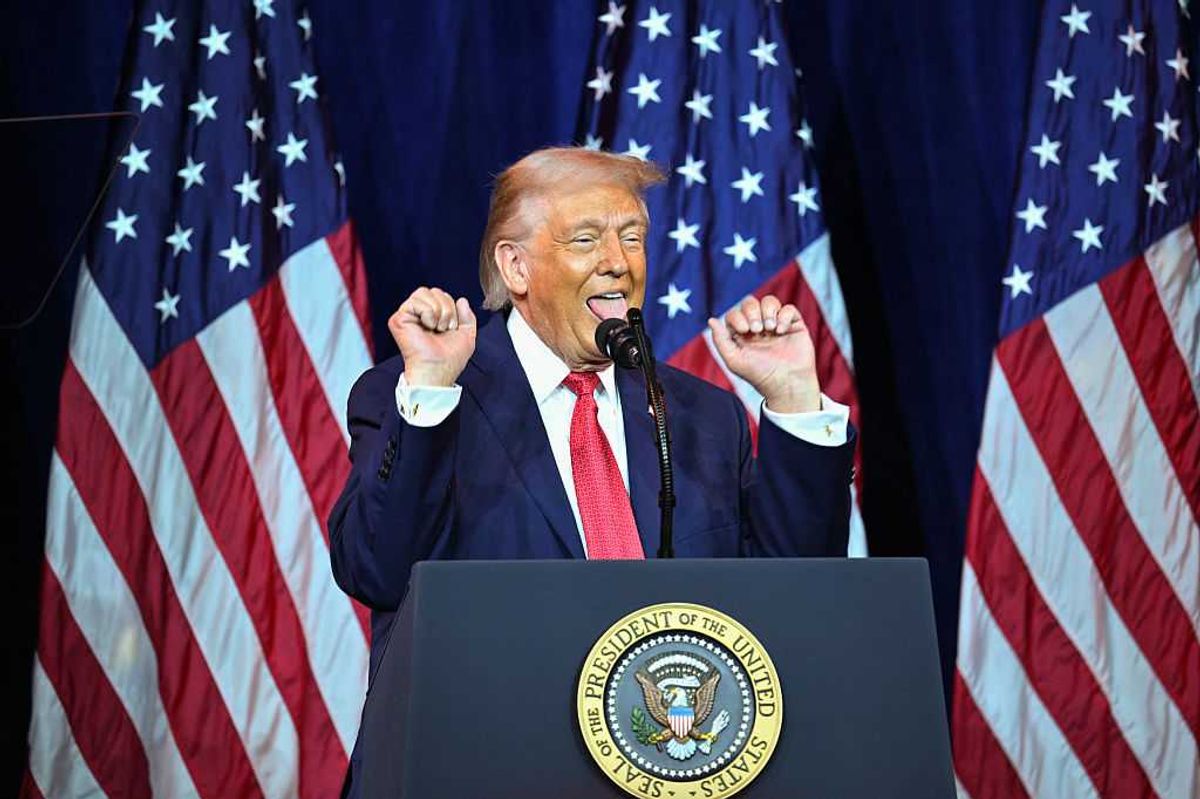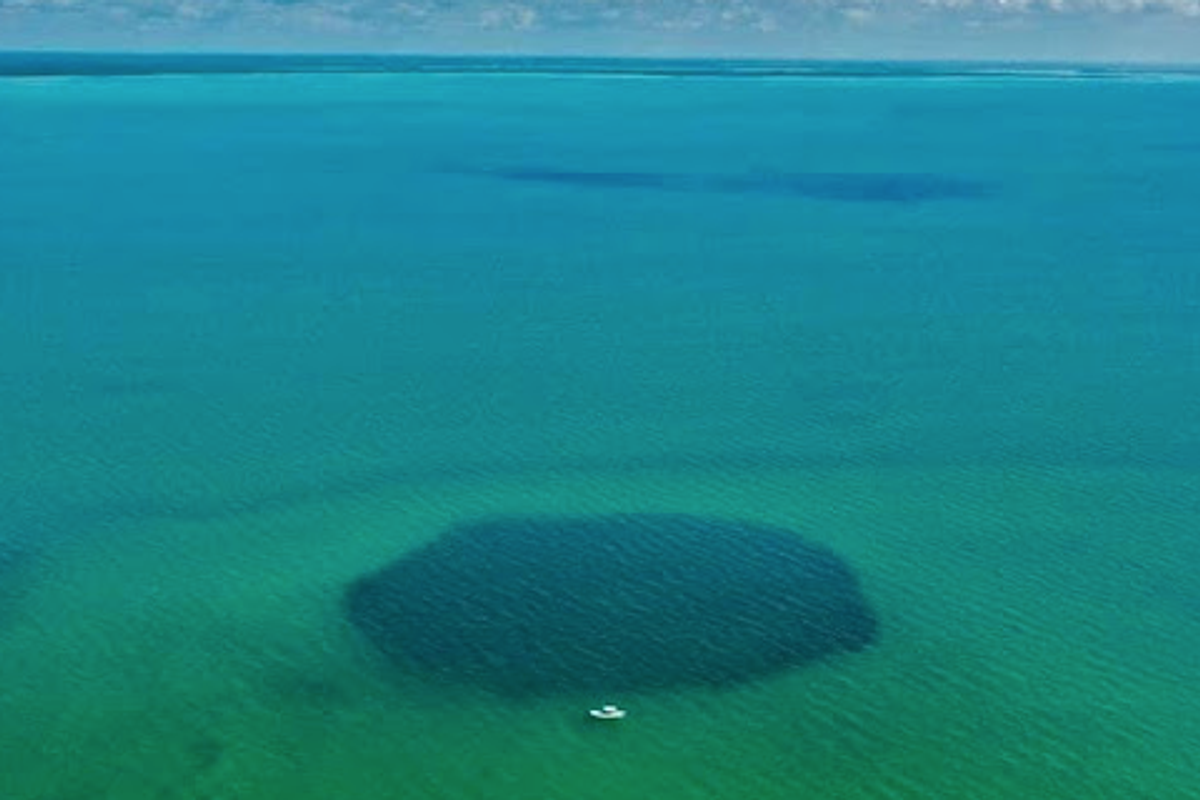Politics
Kate Plummer
Jul 11, 2023
Cabinet minister will not use parliamentary privilege to name BBC presenter
content.jwplatform.com
A prominent male BBC presenter was suspended at the weekend after a mother made allegations he spent £35,000 buying explicit images from her young child, who was allegedly 17 years old when they started speaking online.
The presenter has not been named by the Sun, who broke the story claiming the payments helped fund the child's crack cocaine habit, leaving social media to speculate about who he might be, and BBC presenters in turn to release statements ruling themselves out.
Then, the young person’s lawyer issued a statement saying the mother and the Sun had made false claims, which muddied the waters and, if true, shows why it is perhaps wise to leave the presenter anonymous for now.
Sign up to our free Indy100 weekly newsletter
But all people want to know is who he is - and there is one way we could all find out, parliamentary privilege.
What is parliamentary privilege?
Parliamentary privilege is a right granted to MPs that allows them to speak freely in the Commons chamber without being subject to laws around slander and defamation
It dates back to 1689 through the British Bill of Rights when the Crown had more powers and parliamentarians were afraid of acting without getting a slap on the wrist. It has been used to expose corruption or criminal activity or to name rich and famous people protected by the courts.
With that in mind, some have suggested parliamentarians might use it to name the BBC presenter at the heart of the story. But will they?
Will MPs use parliamentary privilege to name the presenter involved?
Asked about it on Sky News, work and pensions secretary Mel Stride said he would not.
“I can only speak for myself. I would personally certainly not be doing that,” he said. “That is a privilege that should be used very sparingly and with great thought.”
Asked the same question on LBC, Stride said: “I can only tell you what I would do, which is that I would not be naming anybody in the House of Commons.
“Parliamentary privilege is a very special and privileged thing and it should be used very, very sparingly. My own view is that, regarding the BBC situation, not enough is known yet by the outside world of absolutely what has been going on here.
“And until we know all the facts – and we won’t know I think until this whole matter is concluded – I think it would be wrong to prejudge things and jump to conclusions that people should be named or otherwise.”
Shadow work and pensions secretary Jonathan Ashworth also said he "wouldn't name him".
"I know it's certainly a very sensitive and difficult story for the BBC," he told Sky News.
"Developments overnight suggest there are some complications and disputes in versions of events.
"I think the most important thing is that this is thoroughly investigated, the BBC look into this all properly and they should be allowed to get on with that.
"I don't think it's helpful for politicians to be offering a running commentary or making statements in the House of Commons about who this person might be or not be."
When has it been used in the past?
Just because they won't name him, doesn't mean there isn't precedent for stars to be named in parliament.
In 2011, for instance, Lib Dem MP John Hemming named Ryan Giggs as the "married footballer" with an injunction, after tabloid reports that he had an affair with a reality star.
Hemming campaigned against secrecy in the family courts, but was criticised by some colleagues for going against a court order.
Meanwhile, retail tycoon Philip Green was named by Lord Hain in 2018, as the mystery businessman involved in allegations of misconduct, reported by The Daily Telegraph.
The peer later said: "What concerned me about this case was wealth, and power than comes with it, and abuse, and that was what led me to act in the way that I did."
But sometimes it doesn't go to plan. The former Labour deputy leader Tom Watson faced calls to resign after he named public figures in parliament accused of involvement in child abuse by Carl Beech, who was later revealed to have fabricated the allegations and was jailed.
Have your say in our news democracy. Click the upvote icon at the top of the page to help raise this article through the indy100 rankings.
Top 100
The Conversation (0)














